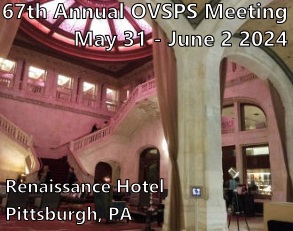<< Back to the abstract archive
Nerve ending management in upper extremity amputees
Scott N. Loewenstein
Christian U. Cuevas
Joshua Adkinson
Indiana University
2020-02-14
Presenter: Scott Loewenstein
Affidavit:
All of the work on this project represents original work of the resident.
Director Name: William Wooden
Author Category: Resident Plastic Surgery
Presentation Category: Clinical
Abstract Category: Hand
INTRODUCTION:
We sought to determine reasons for variability in the management of nerve endings after an upper extremity amputation.
METHODS:
We administered a survey to 190 surgeons in the American Society for Peripheral Nerve and 1080 surgeons in American Association for Hand Surgery via a web-based Research Electronic Data Capture System (REDCaps).
RESULTS
Most surgeons (54%) perform traction neurectomy during amputation; 36% perform TMR and 23% perform RPNI. To treat post-amputation neuromas, most surgeons (52%) bury nerves into functioning muscle; 42% perform TMR and 27% perform RPNI. Surgeons practicing for less than 10 years treat neuromas with TMR (62%) more than older surgeons (22%). TMR is performed more for transhumeral or transradial amputations (41%) than for trans-metacarpal (14%) and trans-phalangeal amputations (1%). TMR adopters cite improved prosthetic control (77%), improved pain (97%), and prevention or treatment of phantom limb pain (92%) as important or very important reasons for its use. Fourteen percent cite improved compensation as an important or very important reason for using TMR; however, 31% feel this is important or very important for others. Surgeons feel TMR and RPNI are indicated for emergent amputation (24% and 24%) less frequently than elective amputation (68% and 47%).
CONCLUSIONS:
Most surgeons perform traction neurectomy during upper extremity amputation and then bury nerve into muscle if a symptomatic neuroma develops. Provider factors significantly correlate with the technique employed. TMR and RPNI are performed more frequently for proximal level amputations. Only a minority of surgeons report that compensation weighs into their decision.



